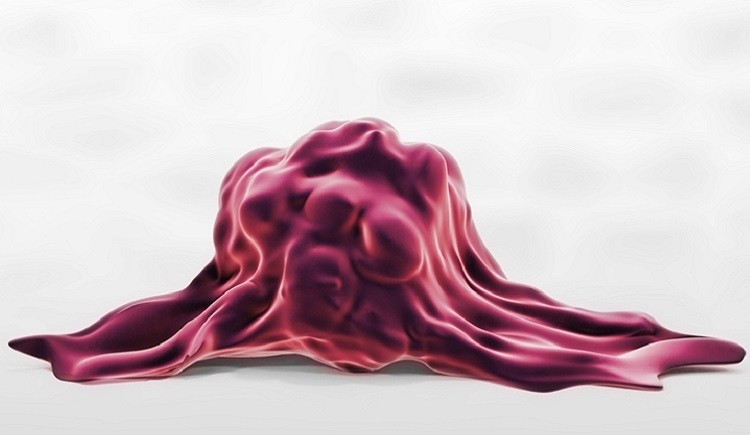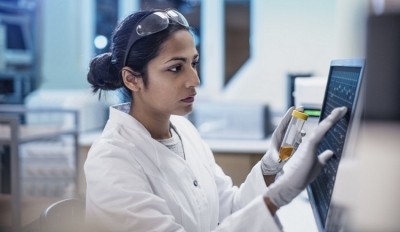Roche, BMS to partner on personalized solutions for cancer patients

Roche has announced it has entered into a collaborative agreement with fellow pharmaceutical company Bristol Myers Squibb (BMS). The goal of the partnership is to support the advancement of two different assays intended for use in clinical trials studies with the development and deployment of two new digital pathology algorithms.
The first project to be tackled in the collaboration will involve Roche Digital Pathology creating an artificial intelligence (AI) based image analysis algorithm to help pathologists to interpret the currently on-market VENTANA PD-L1 (SP142) assay. BMS reportedly will use this algorithm to generate biomarker data from clinical trial samples.
In the second project, Roche will make use of its recently announced Open Environment collaboration with PathAI, integrating the second company’s algorithm for CD8 biomarker analysis into the NAVIFY Digital Pathology workflow software. BMS reports it will use the AI-powered algorithm to analyze samples from critical trials which have been stained with Roche's CD8 assay and generate quantitative spatial biomarker data.
The collaborators report data from both projects will be used to contribute to cancer diagnosis and to advance personalized treatment options, with the aim of improving outcomes for patients.
According to Jill German, head of Roche Diagnostics Pathology customer area, said the collaborations with the two companies “are among the first examples where AI technology and digital pathology applications are playing a role in developing treatments for patients. By using our NAVIFY Digital platform to interpret tissue-based assays and AI algorithms, pathologists are better able to identify targeted therapy options, ultimately improving patient care."
Pathology imaging tools based on artificial intelligence have been found to be helpful in supporting clinical research in the investigation of targeted therapy options. Expanding access to these innovative imaging tools through the Roche Digital Pathology Open Environment, according to the company, has the potential to enable more precise diagnoses, improved clinical decision-making, and lead to more personalized treatment strategies.
"We believe digital methods will bring significant improvements in standardization and interpretation of tissue-based assays and will enable broader access to tissue-based assays,” said Sarah Hersey, BMS’s vice president of translational sciences and diagnostics. “The ability to more deeply interrogate images will present opportunities to better understand disease biology, potentially leading to expanded and improved drug development options and ultimately highly effective patient selection strategies. We are pleased to be part of this collaboration that is using leading-edge technology to enable improved patient outcomes."


















